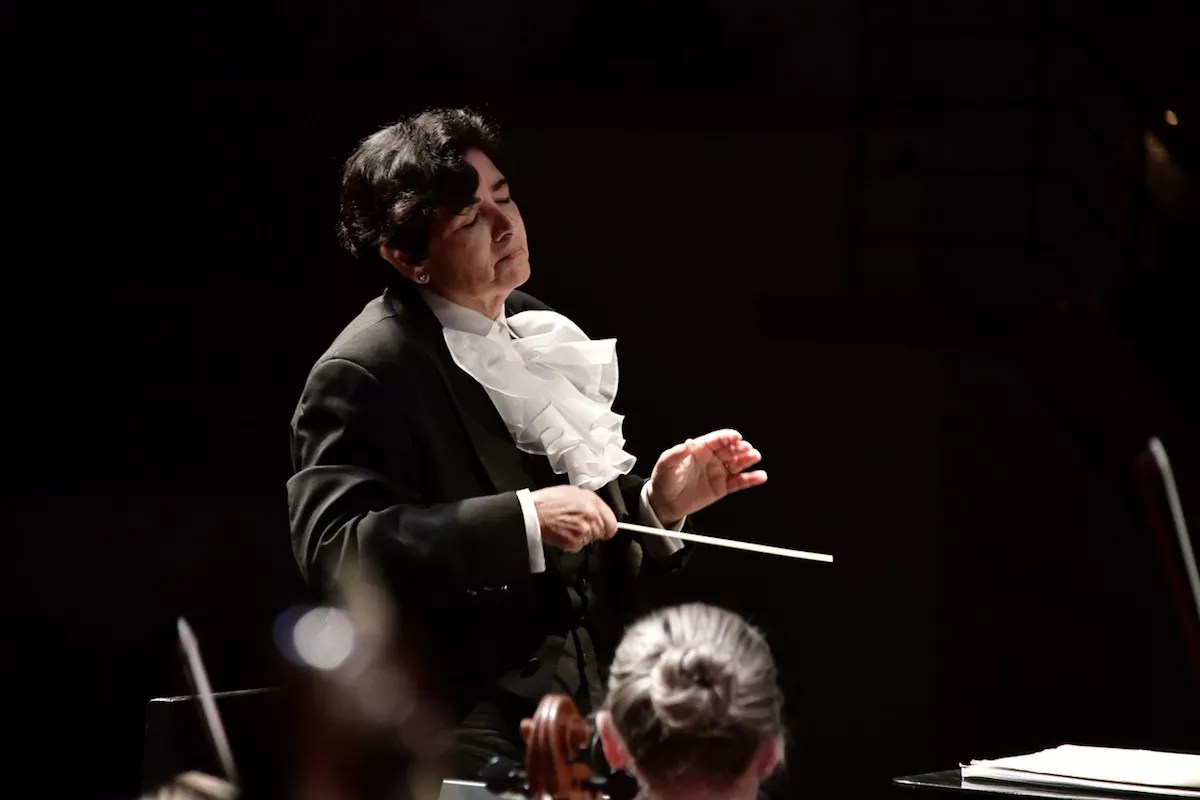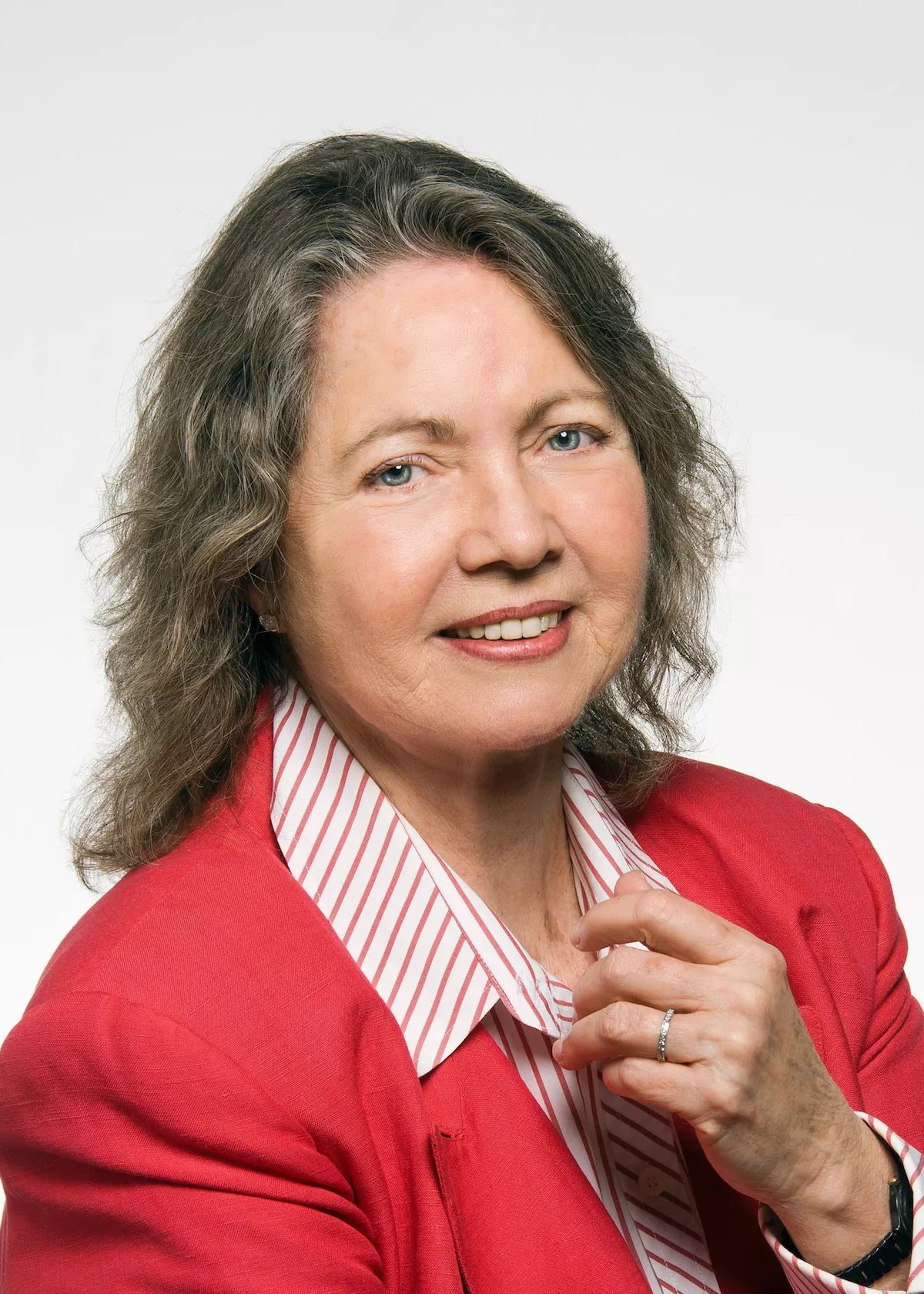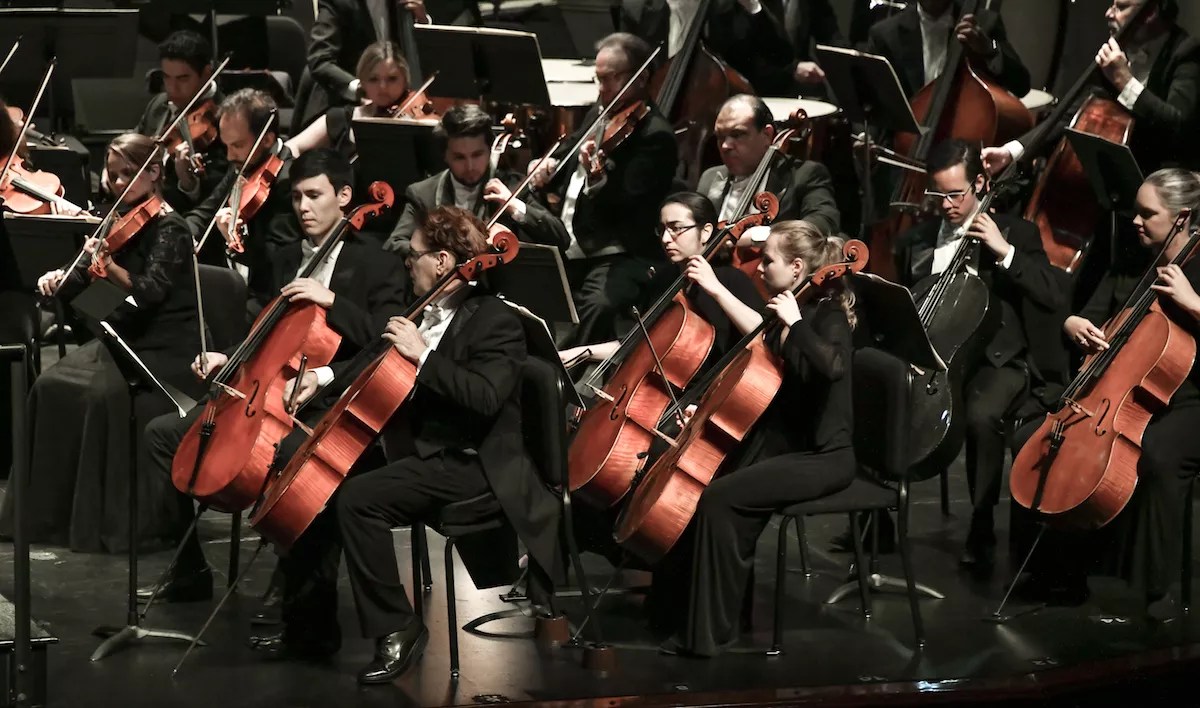
Photo courtesy of Stephen Shires

Audio By Carbonatix
Audiences will hear well-known pieces by Beethoven and Mendelssohn when the South Florida Symphony Orchestra presents Masterworks III. But what makes this show truly special is the music they’ve never heard before.
Two world premieres – both by composers with Florida ties – will be performed between March 5 and 8 at venues in Miami, Fort Lauderdale, and Key West. “Sunset” by John Gottsch is a symphonic poem that captures his love for the beauty and fragility of Key West, and “Concerto for Cello and Orchestra” by Miami’s Ellen Taaffe Zwilich reflects her love for the versatility and power of the cello.
Both pieces were dedicated to the South Florida Symphony Orchestra’s founder and conductor, Maestra Sebrina Alfonso, who was born and raised in Key West.
Gottsch’s work hits home for the “sixth-generation Conch,” Alfonso says.
“The thing that I love about ‘Sunset’ is that there’s a rhythm in it that really grabs you,” she adds. “You sort of feel like you’re in the ocean, and he’s really captured that. And it’s written in a way, sort of like ‘Scheherazade,’ where it has seven different movements but it’s all one piece. It’s only about 15 minutes, and each piece is a different visual or different story about what goes on around the Keys.”
Presenting Zwilich’s concerto, which features Grammy-winning cellist Zuill Bailey as guest soloist, also is a great source of pride for Alfonso.
“Ellen is someone I’ve known since I was a student conductor,” she says. “I used to go to a summer program, and she would come there and we would perform her work. And I’ve just been a fan of hers ever since then. When she was writing this piece, she would imagine Zuill and I onstage performing it together, and she wrote it in the sense of how we move.
“And it’s an honor – it’s the very first time in my time knowing Ellen that we’ve been able to commission a work and be the first to perform it. I’ve never had the opportunity to perform a world premiere of hers, so this is a very big deal for me.”

In 1983, Miami
Photo courtesy of Bill Keefrey
The 80-year-old Zwilich is a Coral Gables High grad who, in 1983, became the first female composer to win the Pulitzer Prize for Music, for her “Symphony No. 1.” She is accomplished on the violin and trumpet, but for the first time, she was drawn to the cello for her latest concerto, which she finished last summer after about six months of work.
“The inspiration is my love of the cello because it has the entire range of the human voice, from the lowest male voice to the highest soprano,” Zwilich says. “And it is so wonderful all the way through that range. The string instruments – they’re like singers on steroids because, besides singing, they can do all kinds of acrobatics and all kinds of strong, strong movements, here and there and back and forth with the orchestras.
“I have written a lot of concertos, and I love writing for instruments, partly because I think of them as creatures,” she continues. “They have their own ways of moving, and they have their own weight. And they have a karma, they really do, and that’s what I try to get into.”
Zwilich wrote her new concerto in memory of Leonard Rose and Mstislav Rostropovich, two great cellists of the 20th Century.
“These are the people that were in my head when I was doing this,” she says. “It’s a pleasure to write for people. I do love the idea that my performers sort of breathe life into my music. So that’s an inspiration for me.”
Zwilich doesn’t play the cello, so it’s fair to wonder how composers write works for instruments with which they aren’t especially familiar.
“It’s very interesting because if I’m writing for an instrument that I’ve played, I don’t want to be limited to my techniques and my understanding of it. So I do a lot of work on the side, so to speak,” Zwilich says. “And when it’s an instrument that I don’t play, I really, really go into it, and I study their etudes and I listen to their literature, and I do all kinds of things like that.
“I joke about how I wrote a bassoon concerto for a wonderful bassoonist for the Pittsburgh Symphony,
and I always say, ‘I don’t know how to play the bassoon, but I don’t know why you would,'” she says with a laugh. “There are so many things about it: It’s made of wood, and wood is extremely Goldilocks-y. It doesn’t like it too cold or too hot; it doesn’t like it too dry or too moist. It’s very, very fussy, and it’s also made of cork, and you have to make the reed. Anyway, I did so much study with it, and then one day I woke up and said, ‘If I open my mouth, a bassoon sound is gonna come out.’ [laughs] And then I sat down and wrote the piece.”

The South Florida Symphony Orchestra will perform two world premieres, both by composers with Florida ties.
Photo courtesy of Stephen Shires
Alfonso says she has felt destined to become a conductor since she was young.
“I was always into music as a child, and from a very young age, everyone just assumed I was going to go into music,” she says. “I moved to Italy for a year, and I stumbled into an opera that was being shown during the day, and it was [Puccini’s] La Bohème of all things. And the whole audience was crying, literally bawling, and I realized that there was more to music than junior high band, that there was a whole world out there for me to learn about. And that’s what inspired me: the power, the virtuosity of the music. To me, it just sang to my soul, and my soul wanted it. So I didn’t really have a choice.”
Alfonso has conducted all over the world and has received countless accolades for her work. But when she founded the South Florida Symphony Orchestra in 1997, she had a decidedly humble motive.
“Basically, I wanted my family to share my music,” she says. “I just wanted my grandma to see me conduct.”
Zwilich, despite a distinguished five-decade-plus career that includes induction into the Florida Artists Hall of Fame in 1994, is similarly modest about her profession.
“One thing I love about what I do: It’s not like you learn how to do it and then you repeat it,” she says. “I still feel like I’m at the starting gate. I’m still jumping into something, and I feel confident in a lot of ways and I have a lot of experience and all that, and then I’m still not quite there, and it’s wonderful. I call it a voyage, writing music. I also sometimes call it a disease [laughs].”
– Mike Hamersly, ArtburstMiami.com
South Florida Symphony Orchestra’s Masterworks III. 7:30 p.m. Thursday, March 5, at the Broward Center for the Performing Arts, Amaturo Theater, 201 SW Fifth Ave., Fort Lauderdale; 954-462-0222; browardcenter.org.
7:30 p.m. Saturday, March 7, at Temple Israel of Greater Miami, 137 NE 19th St., Miami; 305-573-5900; templeisrael.net.
7:30 p.m. Sunday, March 8, at Tennessee Williams Theatre, 5901 College Rd., Key West; 305-296-1520; tennesseewilliamstheatre.com.
Tickets for all shows cost $30 to $90 via southfloridasymphony.org.